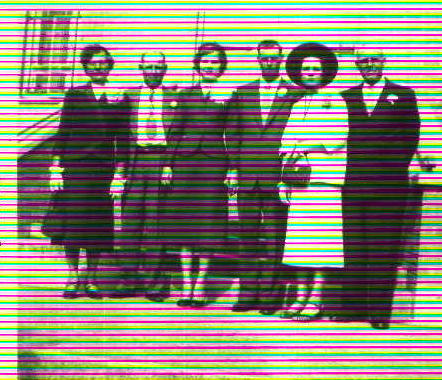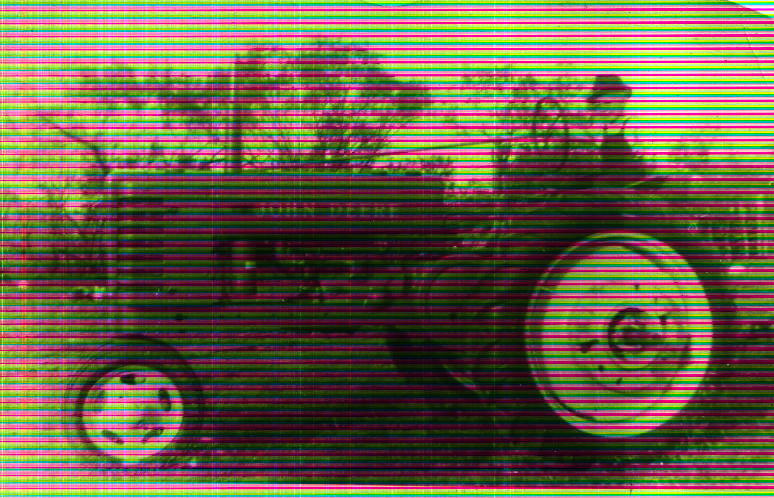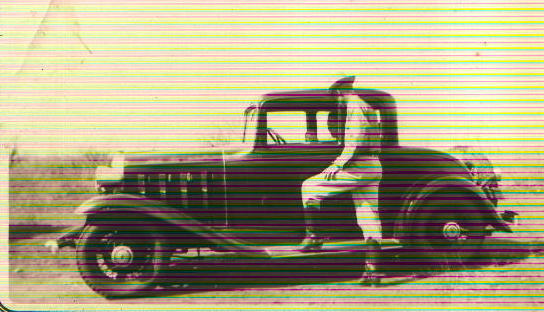Ray Clifton Rogers



What were the names of your parents?
Well, uh, my fathers name was Winford Rogers and my mothers name was Neva Rogers (nee McCarley)
Where did you live during World War II?
Well we lived in many different places. San Marcos, Seguine, Gonzales, Kenedy and Floresville, but Kenedy for the longest.
What kind of jobs did your family have?
Uh, my daddy was a preacher and he was in school most of that time in San Marcos Baptist Academy and Howard Payne College. We moved several times during World War II so I at least went to five different schools. My daddy did different kinds of jobs during that time.
Did your mother work?
My momma worked. She worked at the laundry folding and pressing clothes. Mainly khaki pants because it was a military school.
Did World War II effect your school work of ability to stay in school?
No. We were very patriotic and uh the school had drives they would put on to gather up scrap iron and um to try to help and I remember I carried a great big old plow point to school on the school bus with me and put it in the scrap iron pile.
At what age did you start working?
Oh as soon as I got big enough to work. I picked cotton at six or seven years old and usually we would get work at some ranch in the summer or cut grass for neighbors and stuff like that.
What was your life like growing up in World War II?
Well there was a lot of things that wasn't a whole lot different at the beginning of World War II than was during the Depression because things were scary, but my life was like uh, we worried about people that were in the armed forces and we saw neighbors and friends and kin folks people being drafted and joining and volunteering for the services and leaving home, and it made us all sad.
How did World War II effect people around you, like friends, family or neighbors?
It effected them by wondering how they couldn't hear sometimes from their loved ones for a while worrying about whether they were going to be drafted, because they drafted up to 36 years old at one time. It had a lot of effect on people.
What effect did World War II have on your life?
I dont know what effect it really had, just that it uh kept me worrying about when the war was going to end and when the people that we knew were going to get to come home. Also a real close family friend got drafted into the army and we had to see him leave home and that had an effect on me.
What was an average day for you growing up during World War II?
An average day? Uh, well going to school then coming home, playing a while then getting supper and having our lessons and going to bed. Or in the summer picking cotton to try to make enough money to buy all our school clothes.
When did times start getting rough?
They were rough at the beginning of World War II, but they were rough all the way through.
During World War II did you notice any big changes?
Yea, there was a lot of ladies that had to do defense jobs and do mens work and things, and then women began to serve in the armed forces too.
What changes did your family have to make to adapt to the economic changes?
We didn't have to make a lot of changes cause like I say things were already tough. Things except during World War Two things become rationed. Gasoline was rationed and you got certain stickers that you were allowed to use for gas, and the average family only got about four gallons of gas per week that they could use. Food was rationed, sugar, meat and can goods were all rationed. You did the best that you could.
What would you eat during this time?
Bread, potatoes and beans and stuff like that.
Did you live close to a store or did you have to grow your own foods for the most part?
We always had a garden anyways but we always managed to get stuff from a store, but there wasn't a store next door.

Where would your family get water from?
Well, sometimes we lived in the country and we would get water from the well and other times we would have to pack water from a rain water system.
When you had to pack it, how far was it from the house?
About 100 yards.
What was a popular thing to do during these rough times?
To sit around the house in the evenings and visit and play games like I Spy and do family things.
What is the most different thing about how you grew up compared to how I grew up?
Well there wasn't any TV or stuff like that so we actually had to do stuff to entertain ourselves and teenagers didnt have cars to drive.
Which generation do you like best?
Oh I dont know, I liked my generation.
What is your most memorable moment during World War II?/
When the war was over. We lived in Gonzales and they had a cotton mill plant and they had a largesmoke stack with a whistle on top and they blew the whistle to where the whole town could hear.
What is one thing that you would want me to pass down to my children about your life as a child?
That things are a lot different for people now than they were for people back then because we had no air condition we had no television and we had no electricity in places and we had no refrigeration, and that people could get by with less and be just as happy.
Is there anything else you would like to add?
I uh will ad that I hope we never have another war like World War II. I pray we never do.

Ellis, Tuffly. Kenedy, Texas The Handbook of Texas Online. Kenedy, Texas. http://www.tsha.utexas.edu/handbook/online/credits.html The information and facts on the city of Kenedy, Texas. It shows the population and location and its history.
Ellis, Tuffly. The National Guard The Handbook of Texas Online.The National Guard. http://www.tsha.utexas.edu/handbook/online/articles/view/TT/qnt2.html The information on The National Guard. It tells you about the history during the time of World War II and the number of men enrolled, how many men died, and what situations they were put in at this time.
Ellis, Tuffly. Floresville, Texas The Handbook of Texas Online. Floresville, Texas. http://www.tsha.utexas.edu/handbook/articles/view/FF/hgf3.html The information and factso on the city of Floresville, Texas. It shows the population and location and the history of Floresville. This is also the town that both my grandfather and I live in now.
Howard Payne College Howard Payne University. Howard Payne University. http://www.hputx.edu/ This contains some information of where my great grandfather went to school so many years ago. I has comparisons of how the school was back then compared to now. You are able to take campus tours and view the school.
Gonzales, Texas Map Quest. Gonzales, Texas. http://www.mapquest.com/maps/map.adp?country=us&address=&city=gonzales&state=tx This contains a map of the whole city of Gonzales, Texas. It has information on the city such as the location of the airports and their hotel locations. It also gives a brief history background. This is where my grandfather lived when the war ended.